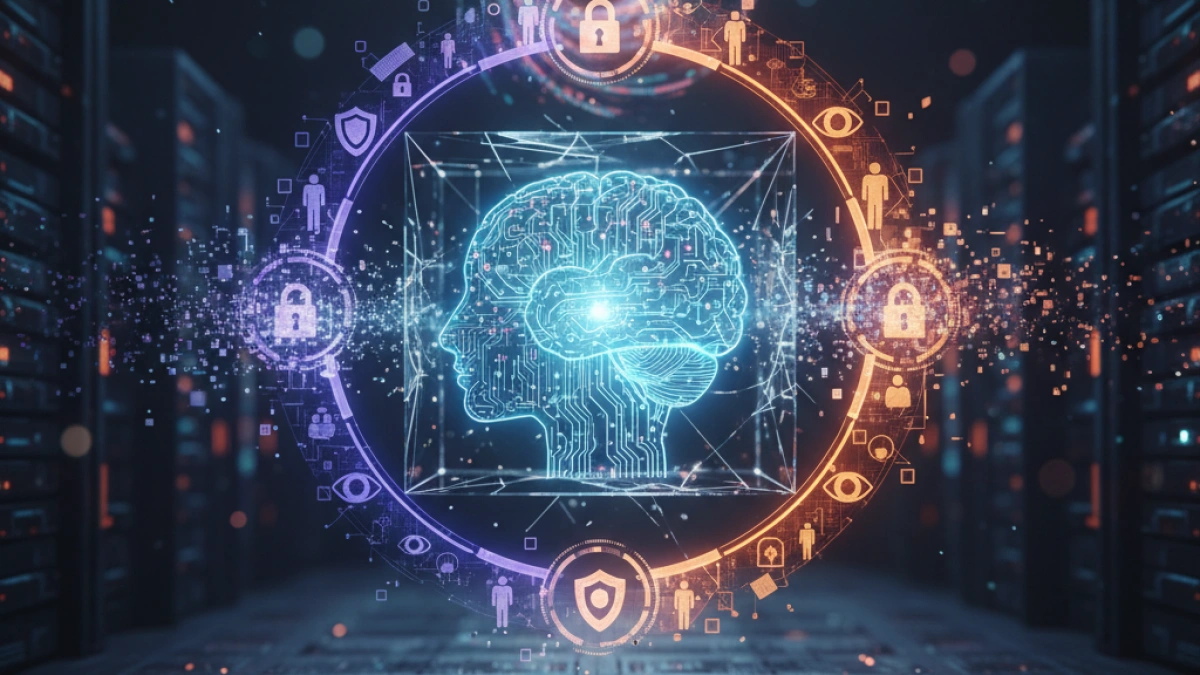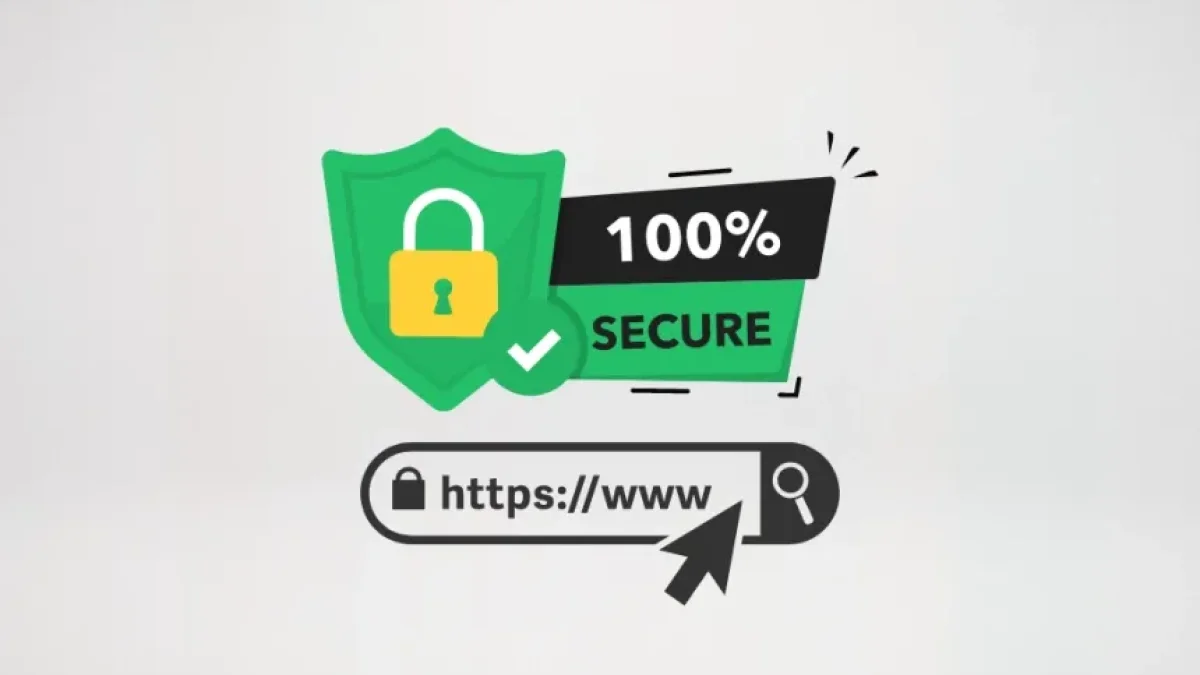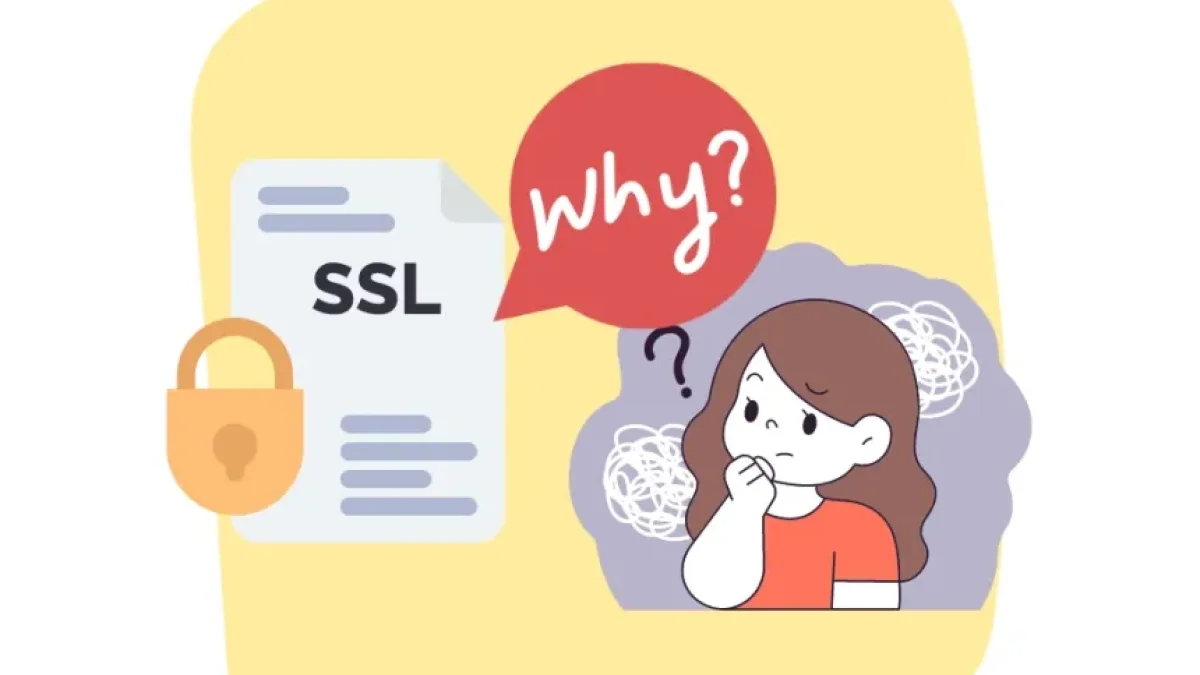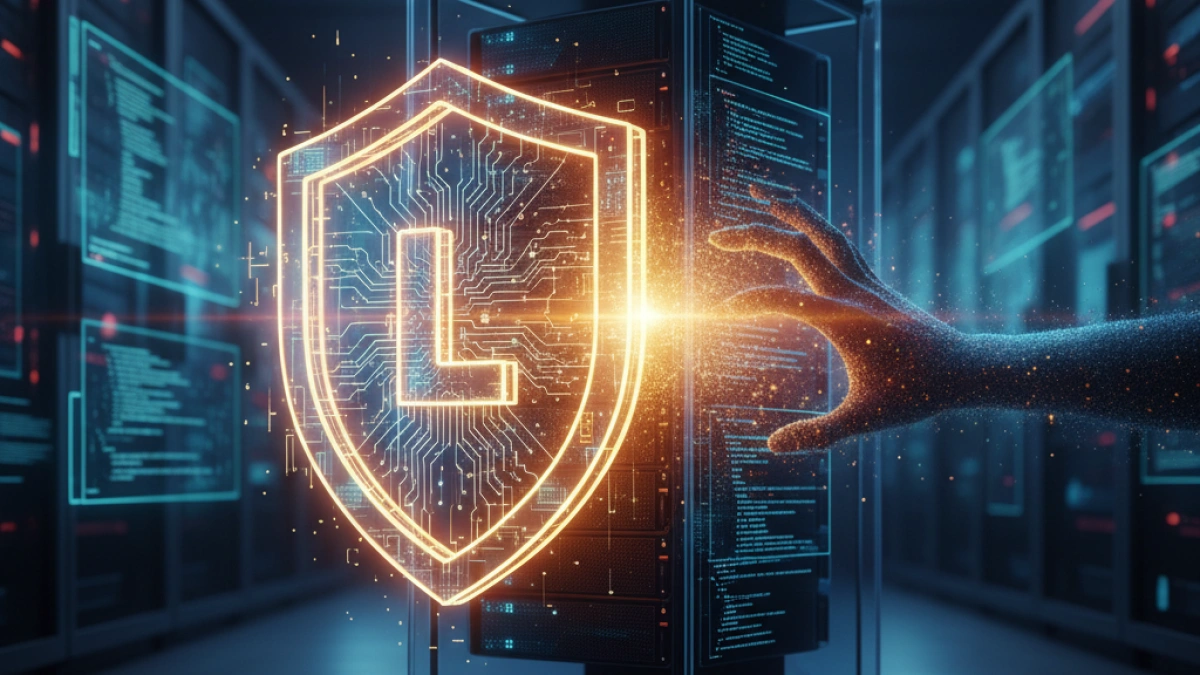Cybersecurity Important: Protect Your Digital World in Daily Life


Currently, a considerable part of our existence takes place in the digital realm. From work and social activities to shopping and financial transactions, the Internet has become an essential component of our daily routine. However, this convenience comes with a significant risk: the possibility that our personal information may be compromised by cybercriminals. Therefore, it is crucial to understand and implement cybersecurity measures; it is not a luxury but a fundamental necessity.
Cybersecurity is defined as the practice of safeguarding our computing infrastructure and the information that flows through networks. Its purpose is to protect the most critical aspects of our lives, such as our finances and privacy, preventing us from falling into the hands of cyber criminals.
The Most Common Cyber Threats We Face Daily
Cybercriminals employ increasingly complex tactics to access sensitive data. Staying informed about the most common threats is the first step toward effective protection. Some of these threats include:
Read also
- Phishing: This method involves receiving emails or messages that impersonate legitimate sources, such as banks or social media networks, aiming to deceive users into revealing confidential information, such as passwords or credit card details.
- Malware: This includes a wide variety of malicious software, such as viruses, trojans, ransomware, and spyware. This type of software can be installed on devices through infected links or files, allowing attackers to damage systems, steal information, or even lock files and demand a ransom (in the case of ransomware).
- Identity Theft: This occurs when cybercriminals use personal information to commit fraud on behalf of the victim.
- Attacks on Public Wi-Fi Networks: Wi-Fi networks in public places, such as cafes and airports, are particularly vulnerable due to a lack of security measures. Hackers can intercept information transmitted between the device and the access point, including emails and credit card details.
10 Key Steps to Protect Yourself in Daily Life
The good news is that prevention plays a crucial role. Implementing good security practices can significantly reduce the risk of becoming a victim of cybercrime. Here are ten effective strategies that can be adopted immediately:
- Use Strong, Unique Passwords: This is the first line of defense. It is recommended to create long (at least 12 characters) and complex passwords that include a combination of uppercase and lowercase letters, numbers, and symbols. Avoiding the reuse of passwords across different platforms is essential. If you have difficulty remembering them, a password manager can be a secure option.
- Enable Two-Factor Authentication (2FA): This measure provides an additional layer of security. Even if someone obtains the password, they will need a second code, usually sent to the user's mobile device, to access the account.
- Keep Your Devices and Software Updated: Software updates, operating systems, and applications often include security patches that fix vulnerabilities. It is advisable to enable automatic updates whenever possible.
- Be Cautious with Public Wi-Fi Networks: It is advisable to avoid conducting financial transactions or accessing sensitive information over public and unsecured Wi-Fi networks. If a connection is necessary, using a Virtual Private Network (VPN) can help encrypt the connection and protect the data.
- Install Reliable Antivirus Software: Good antivirus software can detect and remove threats such as malware and viruses. It is essential to have it installed on all devices and ensure that it is always updated.
- Be Skeptical of Suspicious Emails and Messages: Avoid clicking on links or downloading files from unknown or unverified sources. If you receive an email that seems suspicious, even if it appears to be from a well-known company, it is better to delete it or contact the company through its official channels to verify.
- Configure Privacy Settings on Your Social Media: It is important to review and adjust the privacy settings of your social media profiles. Limiting the amount of personal information shared and with whom it is shared is key to protecting your digital identity.
- Back Up Your Data: Regularly backing up important data ensures that it can be recovered in case a ransomware attack locks access or if it is lost for other reasons.
- Encrypt Your Sensitive Information: Encryption transforms data into a format that is unreadable for those who do not have the decryption key. It is advisable to use encryption services to protect important emails, messages, and files.
- Educate Your Family: Cybersecurity should be a shared responsibility. It is advisable to share knowledge about online risks with loved ones, especially younger individuals, to teach them how to protect themselves.
Protecting your digital life requires adopting proactive measures. By implementing these habits, not only do you safeguard personal and financial information, but you also contribute to a safer digital environment for everyone.
Read also
For more information and tips on cybersecurity, you are invited to visit the blog regularly.



















